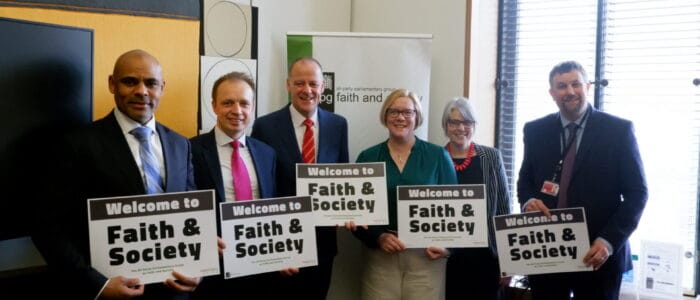If we’re good, we’ll grow – what happens to those who can’t?

If you hear leaders of faith-based organisations describing their organisation, it will often go something like this: “We are unique, committed, self-sacrificing, purposeful, compassionate, trusted.”
I am very sure that this is real and genuine. However…
One day, as one of those leaders, I woke up to discover that as well as being ‘a leader’, I was also an employer. As well as being one driven by compassion and purpose, I also needed to fulfil contractual requirements to funders. As well as being trusted, I also needed to make choices about who we could and couldn’t help when it came to what we were funded to do.
As we get good at what we do, we find ways of gaining funding, of scaling up, and replicating, and unless we are constantly focusing on the why as well as the what, we might just lose our way a little. Funding pressures can come from the lack of it, but also actually having it. The wrong funding could destroy our primary mission or purpose. The wrong managers could change our ethos without us always noticing until too late. Our unique, committed, self-sacrificing, purposeful, compassionate, trusted staff become those we expect or rely on to stay just that little later or work that little bit harder.
Ring any bells?
There are times when we have to face that some of our team struggle with growth, and it’s essential, as both a leader and an employer, that we equip people to grow with us or continue their personal mission in a different way. It may sometimes be a matter of skill or capacity. Or it may just be that they didn’t want things to change, for them to grow and develop.
I am learning – 15 years on – that there are a few things that fundamentally matter:
- Getting people with the best skills and the right ethos.
It’s not easy and we won’t get it perfect, but it’s worth learning how to do. Take time, think through your recruitment process, and recognise where people need training to upskill or support to move on. Be faithful and honest with people and ensure there are no surprises, that they know what is expected of them as things change. - Keep accountable to people who will challenge and support you shape the organisation, especially your staff. People who work for FBOs can often bear with things they are not happy with because of the ‘greater cause’. Encourage your team to question!
- Promote an ‘open door’ policy where staff can come and talk to you when they need to. Not instead of their manager in an undermining way – but in a creative way to discuss new ideas or hear challenge.
Leading an organisation that has purpose and ‘heart’ is a great joy. It’s tough, it’s challenging. Let’s keep the focus on the why and we’ll keep seeing the people we are there to serve, and that includes our own team. So let’s make sure we take them with us.


